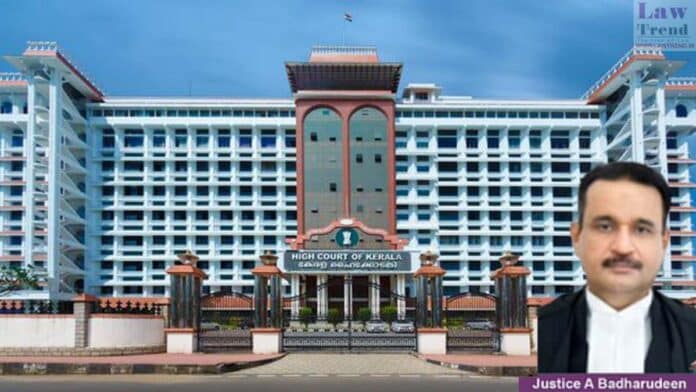In a significant ruling, the Kerala High Court dismissed a petition seeking discharge of an accused under the Protection of Children from Sexual Offences (POCSO) Act, emphasizing that the determination of “culpable mental state” must be addressed during the trial and not at the pre-trial stage. Case Background: The case in question, Crl.R.P. No. 818
To Read More Please Subscribe to VIP Membership for Unlimited Access to All the Articles, Download Available Copies of Judgments/Order, Acess to Central/State Bare Acts, Advertisement Free Content, Access to More than 4000 Legal Drafts( Readymade Editable Formats of Suits, Petitions, Writs, Legal Notices, Divorce Petitions, 138 Notices, Bail Applications etc.) in Hindi and English.




